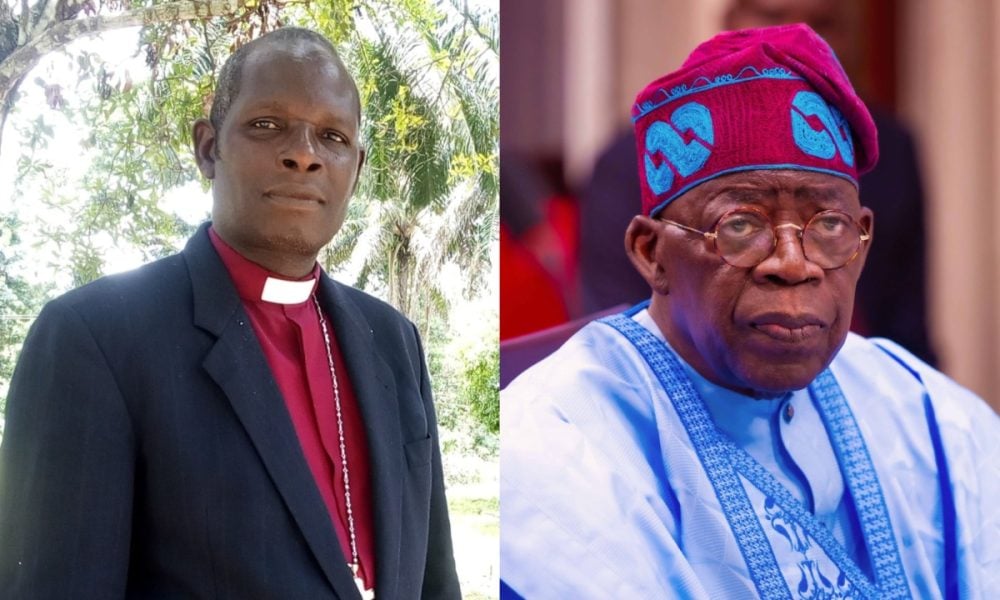• Says civilian security officers should be subjected to police scrutiny
• U.S. police officer tasks FG on decentralised policing to combat rising insecurity
The Oba of Lagos, Rilwan Akiolu, has implored the government at the federal and state levels to provide appropriate logistics and improved welfare packages for police, as well as security and regulatory agencies, to enable them to carry out their statutory responsibilities effectively, especially as the country is waging war against crime, drug trafficking, and fake drugs.
Oba Akiolu, who spoke when the President of the Police Officers’ Wives Association (POWA) and wife of the Inspector-General of Police, Dr Elizabeth Egbetokun, paid a visit to his palace in Lagos, said that without adequate logistics support, the police and other security agencies would not be able to do much.
He noted that the police and other security agencies are doing well, noting that the police job is one of the best in the country, and if any officer is able to do it right, he or she will be very successful.
He, however, enjoined police officers to be good, civil and always speak the truth, especially to politicians, telling them what is possible and what is not.
Akiolu urged the Federal Government to subject all civilian security officers to thorough police scrutiny, as many of them are dismissed officers.
The monarch, while applauding the POWA leadership for the successful hosting of its national conference in Lagos, implored the police officers’ wives to continue playing a supportive role in their families and communities.
In her remark, the POWA National President expressed appreciation to the Oba for his unwavering support toward the success of the conference.
MEANWHILE, amid Nigeria’s worsening security situation, a United States (U.S.)-based police officer and policy advocate, Monday Alade, has appealed to the Federal Government to immediately embrace state and community-based policing as a strategic response to Nigeria’s chronic insecurity.
Alade, who made the appeal in a paper titled: “A Blueprint for Security: Why Nigeria Must Embrace State and Community-Based Policing Now,” said that the current centralised policing structure had failed to meet the country’s security needs, leaving communities in Nigeria vulnerable to attacks, kidnappings, and violent crime.
According to him, the streets are tense, the farmlands are unsafe, and the citizens are forced to live in fear rather than freedom.
He said that people could not continue to rely solely on a monolithic, overstretched federal police system that is often disconnected from the realities of local communities.
Alade’s proposal calls for a constitutional overhaul that will legalise and institutionalise state police agencies, enabling states to develop their own law enforcement infrastructure while working under coordinated federal guidelines.






